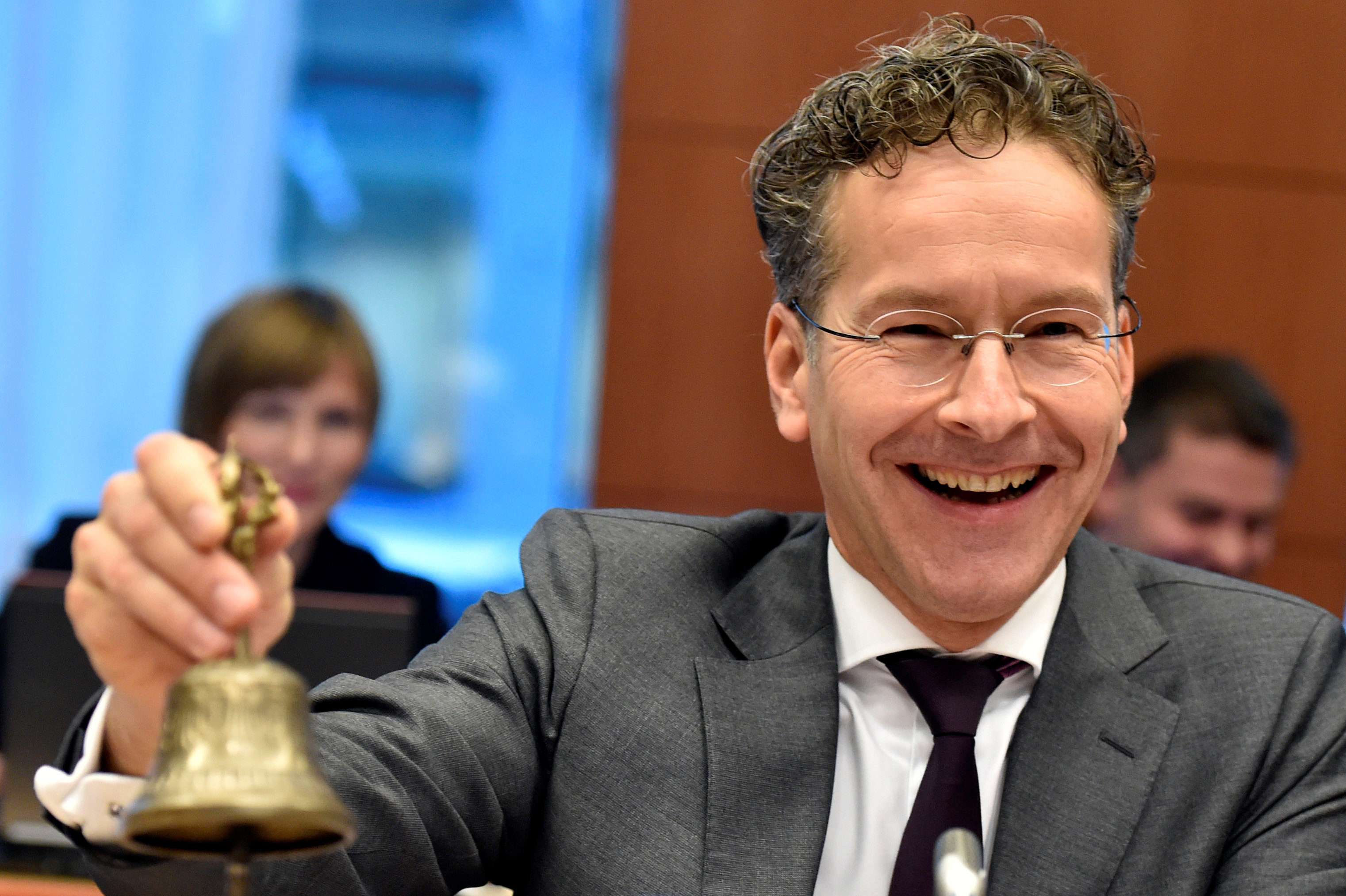Following the sweeping deregulation of labour relations mandated by Greece’s bailout memorandums, Eurogroup chief Jeroem Dijsselbloem told the European Parliament’s Committee on Employment and Social Affairs (EMPL) that he is pleased with the labour reforms that have been implemented by the Greek government.
Dijsselbloem spoke of a clear improvement, noting a drop in unemployment in data released today by the Hellenic Statistical Authority (ELSTAT).
The divs showed that unemployment fell further, to 20.6 percent in August, compared to the downwardly revised 23.4 percent for August, 2016, and a downwardly revised 20.9 percent for July, 2017.
Noting that labour relations is a sensitive issue that requires on the one hand preservation of social rights and on the other improved labour market elasticity, Dijsselbloem said he believe that the reforms in Greece so far have been based on a good compromise.
Collective bargaining on holdThe Eurozone chief said that collective bargaining agreements in Greece were frozen during the bailout programmes, in order to adjust for the imbalances resulting from the steep rise in wages following the introduction of the euro.
He said that the re-institution of collective bargaining will be a priority after the end of Greece’s adjustment programme, in August, 2018.
As for the upcoming third evaluation of the programme, Dijsselbloem expressed confidence that it will conclude successfully by the end of the year.
He said that the downward revision of growth projections for 2017 was due to delays in completing the second evaluation.
If such delays are avoided this time around, that will bolster confidence and help achieve the 2.5 percent growth target for 2018, according to the head of the Eurozone.





